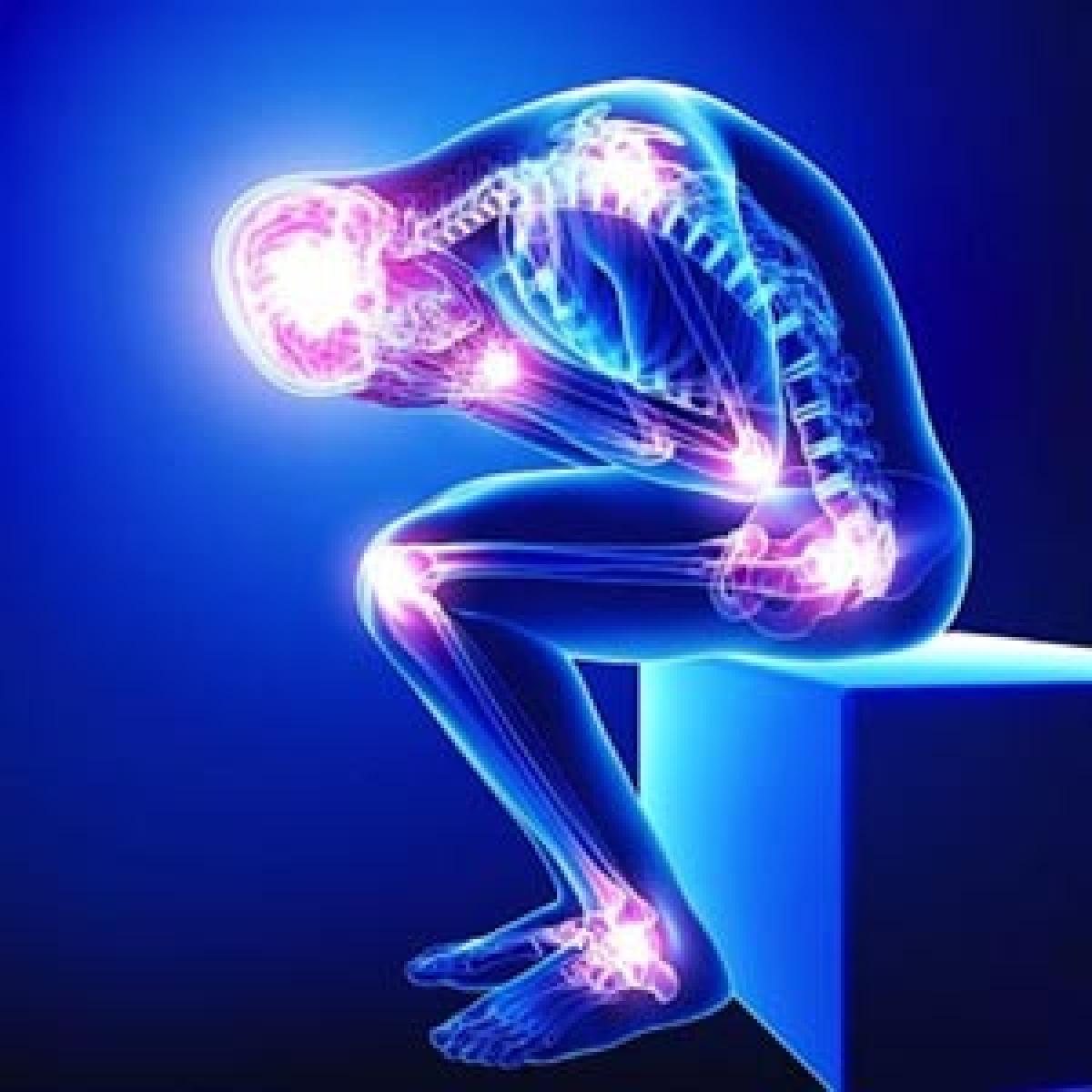
In childhood and nonage, the utmost of our bone growth and bone viscosity occurs. Girls reach their maximum bone viscosity by age 18. For boys, this occurs by age 20. In the majority, it’s important to maintain bone viscosity and try to decelerate the rate of bone loss. As we grow older, our bodies lose bone viscosity. After menopause, women are especially at threat for osteoporosis.
Hoard on nutrients:
Potassium, vitamin K, and magnesium help your body absorb and use calcium. Get these important nutrients by eating a variety of healthy foods like vegetables and fruit, legumes ( sap, peas, lentils), nuts, seeds, whole grains, and fish. Protein helps to make muscle, which helps keep bones strong. Choose protein-rich foods similar to meat, flesh, fish, shellfish, legumes ( sap, peas, lentils), nuts, and seeds.
Reduce your caffeine input:
Having too important caffeine can drop the quantity of calcium you absorb. Aim for no further than 400 mg of caffeine per day for grown-ups ( about 2-3 mugs of coffee per day). Pregnant and suckling women should have no further than 300 mg caffeine per day.
Consume Calcium-rich foods:
Choose dairy sources of calcium as well, such as fortified soy and rice potables, canned salmon with bones, lush green vegetables, sap, nuts, seeds, and fortified orange juice.
Contact the best orthopedic doctor in Indore for more.

